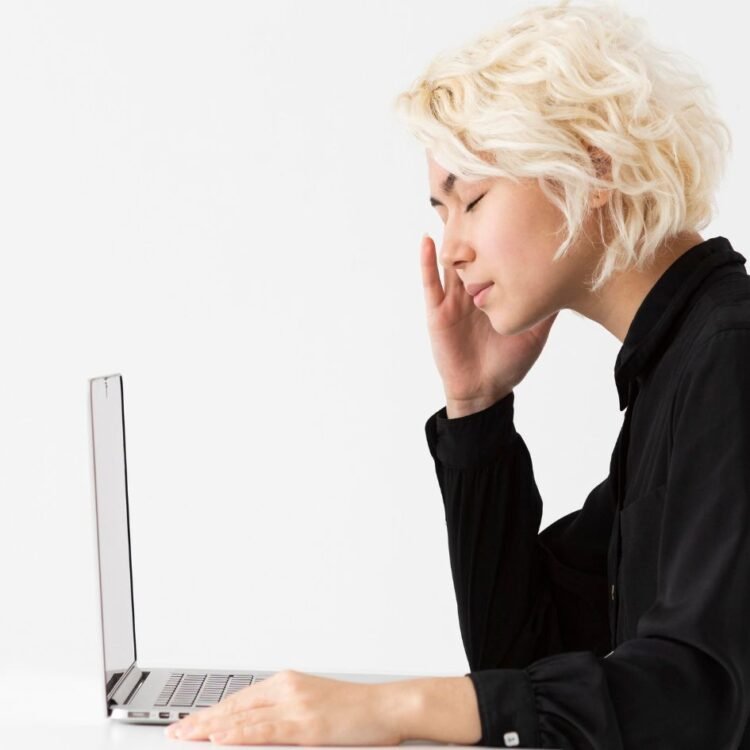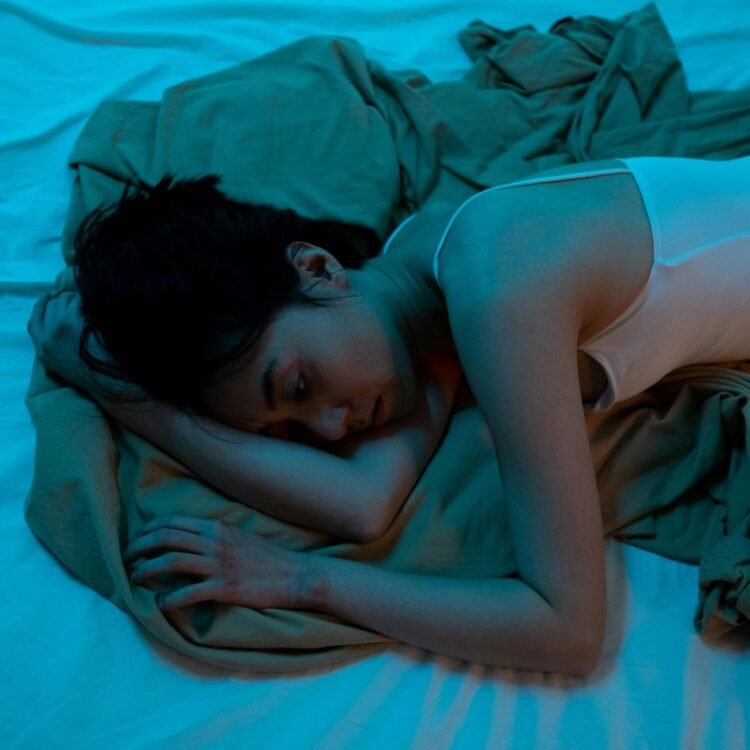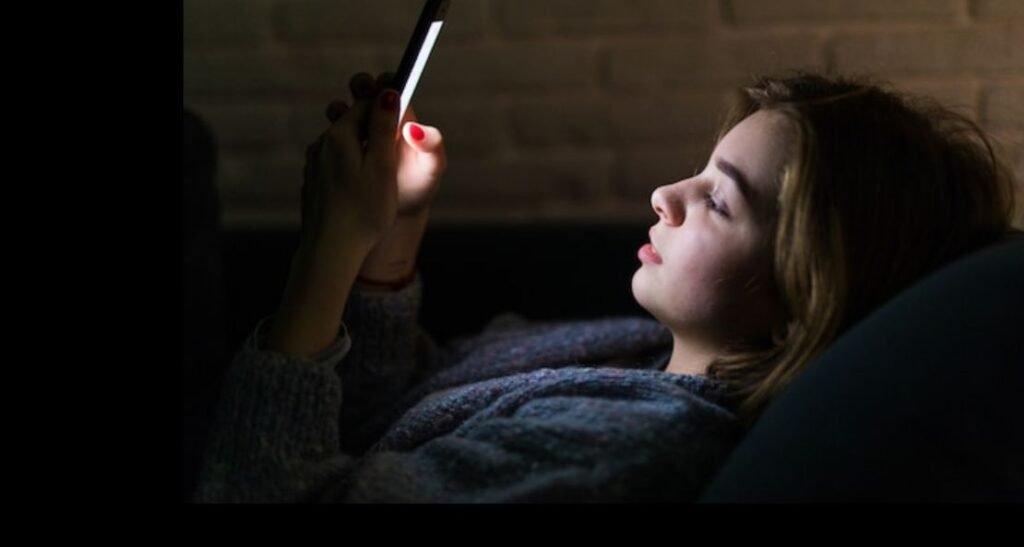Blue light is everywhere, but exposure has skyrocketed as digital devices have become everyday essentials.
Phones, tablets, computers, and TVs have become an integral part of daily life, increasing the time spent in front of a screen.
In the UK, users spent three hours and 50 minutes per day using their mobile devices alone, and in 2022, this average was four hours and 14 minutes.
With many using these gadgets for work, school, and entertainment, the impacts of blue light are becoming more pronounced.
If you’re someone who spends hours on your devices, here’s how blue light is affecting you and how you can manage it:
How blue light affects health

Blue light can impact your health in various ways. One of the most common issues is decreased contrast when looking at screens, leading to digital eye strain.
Digital eye strain refers to a group of symptoms you may develop after prolonged screen time, including eye fatigue, dry eye, blurred vision, and headaches.
Your eyes are also constantly focused on one distance and are constantly adjusting to the brightness of the screen.
This leads to sore or tired eyes, which can hamper focus and comfort.
Sleep is also disrupted by blue light. Exposure to high-energy blue light upsets your circadian rhythm, which regulates sleep.
It can affect melatonin production and increase alertness, keeping you awake or causing sleep disturbances.
Poor sleep can result in various health issues such as high blood pressure, heart disease, stroke, and mental health issues like anxiety and depression.
How to manage and reduce blue light exposure
Wear blue light glasses
Blue light glasses can help combat glare and flicker from high-energy blue light from screens, helping reduce digital eye strain.
These glasses often come with special lens coatings that filter out blue-violet light to provide visual comfort and contrast when using screens.
Glasses Direct showcases the many coatings available for blue light glasses to improve the wearing experience.
The retailer’s BlueReflect glasses have anti-glare coatings to reduce unwanted reflections, which can help prevent eye strain even when using devices for long periods.
The KODAK UVBlue Lens does the same while also providing UV protection and scratch-resistant properties to keep their protection more effective.
Putting them on while working, at home, or on the go allows you to enjoy greater comfort while looking at screens.
Reduce screen time before bed

Instead of watching TV or scrolling on your phone to help you fall asleep, avoid using your devices altogether before bedtime.
Reducing blue light exposure can help your body adjust to sleep and maintain a healthy circadian rhythm.
At least an hour before bed, turn off your devices and keep them far away so you aren’t tempted to reach for them.
Have a relaxing bedtime routine instead of using devices; you can meditate, do breathing exercises, take a relaxing bath, or do a skincare routine to help you unwind.
This ensures better sleep and better health instead of using devices that can increase alertness and keep you up.
Additionally, you can stay hydrated with a glass of water or a cup of herbal tea before bed to calm yourself and keep your eyes moist for comfort and better eye health after using your devices.
Adjust your device settings
Your devices, especially newer models or ones with updated operating systems, will likely have settings that can minimise blue light emissions or reduce brightness.
Mobile phones like Apple iPhones or Samsung Galaxy phones have blue light filters that lower blue light and tint the display into a warm yellow-ish tone.
Some phones may allow you to schedule the shift from your regular screen to the blue light filter automatically, which you can program to turn on at night to reduce its impact on your sleep.
Some devices can switch to a night mode, which turns white colour displays into darker colours like black to reduce harsh light, especially at night.
Upcoming devices may see more settings for colour and luminance; Apple has recently patented technology that can help adjust these display settings for foldable devices, providing a more comfortable and safe viewing experience.


